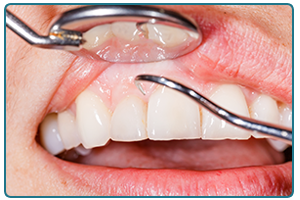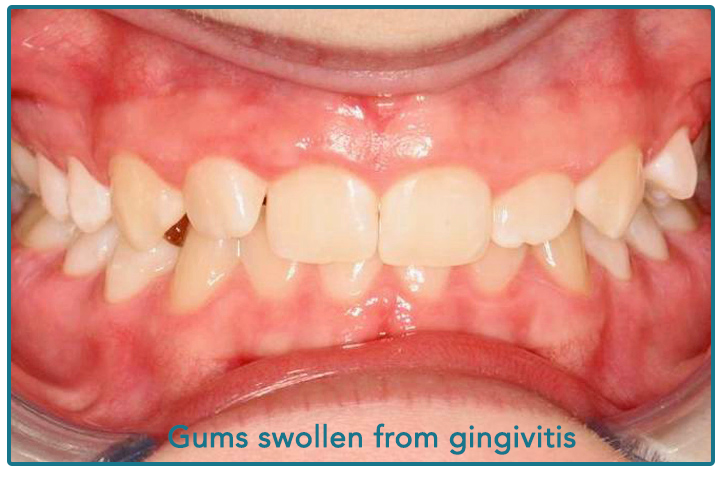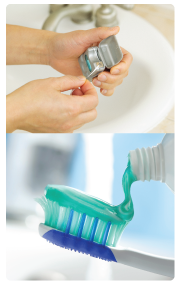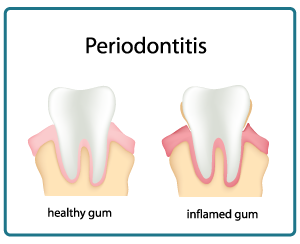 Periodontal Maintenance
Periodontal Maintenance
Periodontal diseases are infections of the gums which gradually destroy the support of your natural teeth. There are numerous disease entities requiring different treatment approaches. Dental plaque is the primary cause of gum disease in genetically susceptible individuals. Daily brushing and flossing will prevent most periodontal conditions.
Why is oral hygiene so important?
Adults over 35 lose more teeth from gum diseases (periodontal disease) than from cavities. Three out of four adults are affected at some time in their life. The best way to prevent cavities and periodontal disease is by good tooth brushing and flossing techniques, performed daily.
Periodontal disease and decay are both caused by bacterial plaque. Plaque is a colorless film, which sticks to your teeth at the gum line which is constantly forming on your teeth. By thorough daily brushing and flossing you can remove these germs and help prevent periodontal disease.
Periodontal diseases can be accelerated by a number of different factors. However, it is mainly caused by the bacteria found in dental plaque, a sticky colorless film that constantly forms on your teeth. If not carefully removed by daily brushing and flossing, plaque hardens into a rough, porous substance known as calculus (or tartar).
Periodontal Disease
Bacteria found in plaque produces toxins that irritate the gums which may cause them to turn red, swell and bleed easily. If this irritation is prolonged, the gums separate from the teeth, causing pockets (spaces) to form. As periodontal diseases progress, the supporting gum tissue and bone that holds teeth in place deteriorate. If left untreated, this leads to tooth loss.
Preventing Gum Disease
The best way to prevent gum disease is through effective daily brushing and flossing, as well as regular professional examinations and cleanings. Unfortunately, even with the most diligent home dental care, people still can develop some form of periodontal disease. Once this disease starts, professional intervention is essential to prevent its progress.
 Other important factors affecting the health of your gums include:
Other important factors affecting the health of your gums include:
- Smoking
- Diabetes
- Stress
- Clenching and grinding teeth
- Medication
- Poor nutrition




